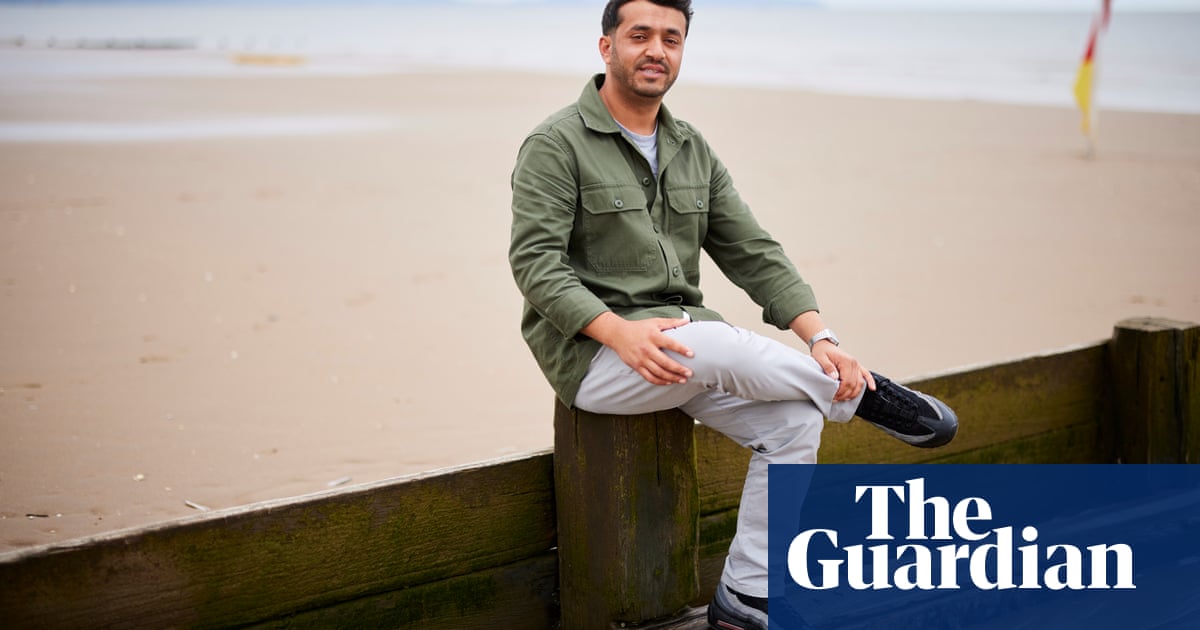
he parents who send their children to primary school in the Carmarthenshire village of Mynyddygarreg have a very challenging job. They are home schooling, keeping their families safe, juggling work commitments – and at the same time fighting against the proposed closure of the cherished village school.
“I feel I’m living a nightmare,” said Cara Young, a parent governor and the mother of two children, Dewi, seven, and Millie, four. “I’m helping teach the children, working full time and trying to work through the closure consultation document. It’s really unfair that this is hanging over us while the pandemic is happening.”
Many hundreds of parents across Wales will sympathise with the sentiment. The primary, Ysgol Gynradd Mynyddygarreg, which has 38 pupils, is one of a string of village and town schools threatened with closure.
Other high-profile campaigns include the fight over the fate of a 10-pupil school in Abersoch, north Wales, where many blame falling numbers on the large percentage of homes turned into holiday lets and retreats. A consultation for another school, Ysgol Talwrn, which has 40 pupils, on the island of Anglesey is also under way.
Parents and campaigners argue that the loss of village schools can have devastating consequences for communities and harm the growth of the Welsh language. Many are calling for all consultations to be halted until the pandemic is over.
“For us it is the centre of village life,” said Young, who herself attended the school in Mynyddygarreg, “There is such a warmth about the school. After school everyone goes to the park. The older children look after the younger ones. My son cried when I explained what is happening. It’s such an important part of the community. The rugby club, chapel and groups and clubs use it. We’d be lost without it.”
The school has two classrooms, two teachers, two support staff and a shared headteacher. In its consultation document, Carmarthenshire county council accepts pupil numbers are stable but says the condition of its building is poor and modernising it could not be justified. It proposes shutting the school and moving children to a new larger school in the nearby town of Kidwelly.
The consultation was launched on 11 January – after the Welsh lockdown began – and ends on 21 February, before the school will have reopened.
Sarah Davies, who has two children at the school, said: “I’ve had three members of my family in hospital with Covid. I’m also working from home and home-schooling the children. I’m spinning plates and it’s starting to affect my mental health. When I tried to speak to the children about the consultation they were completely unconsolable. They’re terrified about what is going to happen.”
The school faced closure in the 2000s but was kept open by a high-profile campaign spearheaded by the late Welsh rugby player Ray Gravell, its most famous former pupil.
Sue Woodward, the chair of governors, said she thought the rationalisation plan was a false economy. “When you lose such an important community amenity you lose such a lot. I don’t think the council is taking that into account.”
Pupils at the school are taught in Welsh and Woodward said there was a danger some parents might send children to English-medium schools instead.
Ffred Ffransis, a prominent member of the pressure group Cymdeithas yr Iaith Gymraeg – the Welsh Language Society – said: “ If they lost the school in the village, current or future parents could opt for English-medium education. And the village would lose its focus for Welsh-language activities.
“Closing a school does not kill off a community immediately – but is a suspended death sentence.”
Carmarthenshire council said it could not comment while the consultation was taking place but was following Welsh government guidelines.
A Welsh government spokesperson said, “Local authorities are responsible for planning school places and they must ensure that there are sufficient schools providing primary and secondary education in their area. Local authorities are able to undertake consultations during the pandemic and should take all steps possible to engage with communities.”












